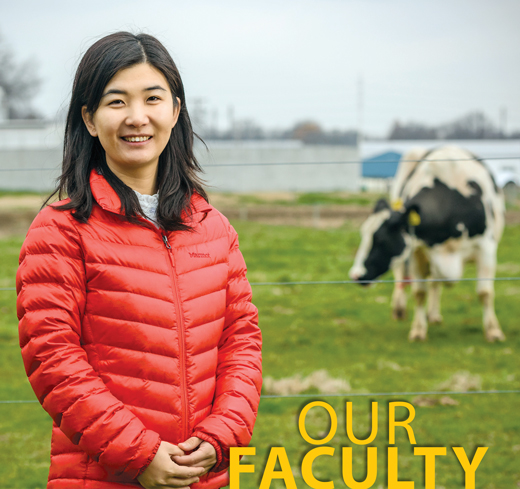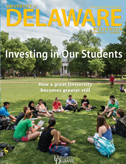
By closely studying the supply chain in China, she discovered that dairy farmers were trying to maximize their profits by diluting their product—sometimes with water, other times with detergent. Mu’s solution was this: When tests of mixed milk from many farms show that quality is suspect, a second test of the individual farms should automatically be triggered. “Those farmers who are detected to supply low-quality or adulterated milk will share the testing cost,” Mu says. “So they have an economic threat.”
Such models of socially responsible operations management are gradually gaining a foothold in business, says fellow operations management professor Adam Fleischhacker. “Firms that fail to engrain social responsibility into their corporate DNA are at risk of suffering costly lapses in judgment,” he said, pointing to recent high-profile scandals at Volkswagen, Tesco and Nestle as examples of “systemic ethical blunders that endanger the public good.”



